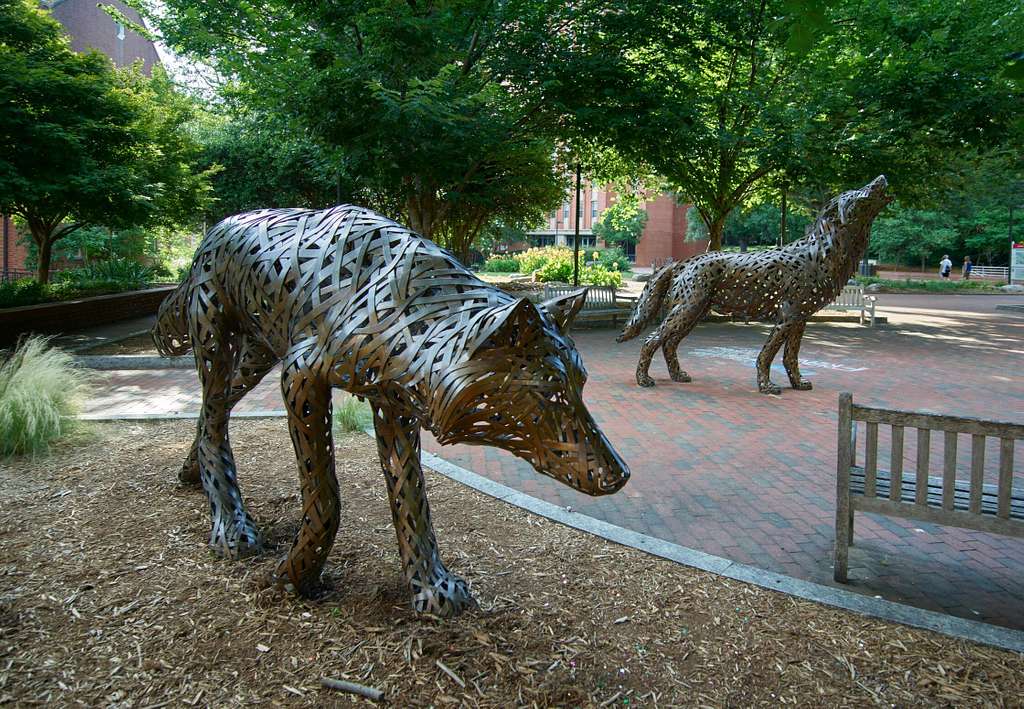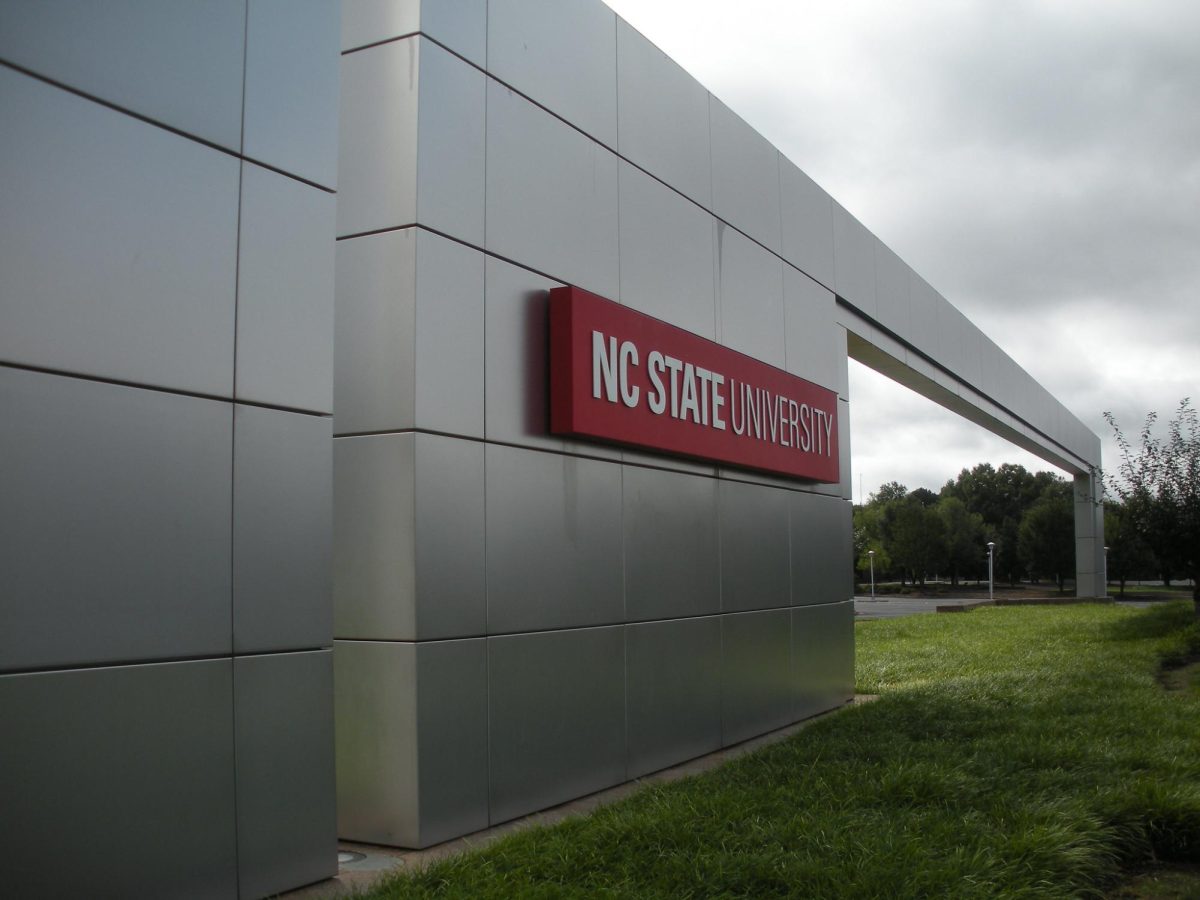Universities Implement Program to Retain Minority Engineers
Julius Blue | Correspondent
According to the National Science and Math Initiative, the Science Technology Engineering and Mathematics (STEM) field is the fastest growing job sector throughout the world. It also reported that on average, STEM majors earn double the annual salary of non-STEM majors.
However, the level of difficulty for engineering students proves to be challenging. Only 62 percent of students that come in as Engineering majors graduate with an Engineering degree. Minority individuals, including African Americans, only comprise 12 percent of these degrees awarded.
To improve the low percentage of minorities that graduate with degrees in Engineering, universities across the United States have implemented programs to increase retention. At N.C. State the Minorities in Engineering Program (MEP), headed by Angelitha Daniels, was set up to increase the minority retention rate and awareness about engineering to underrepresented minorities.
African American students comprise approximately six-percent of engineering degree holders. To increase the percentage of minority engineering degrees, MEP began providing several opportunities for minorities, such as the Summer Transition Program, E144 and E145, along with several study opportunities during finals week. Each of these opportunities allow minorities to interact with one another and share an academic environment where they can study and obtain help from upperclassmen. MEP also grants students the chance to learn and network with engineering corporations. Students are able to learn about the engineering world outside of school and see the more practical side of engineering.
Matthew McMurray, a sophomore in Material Science & Engineering at N.C. State, said, “I think MEP has greatly increased minority retention rate because of all the help they offer minority students during finals.” McMurray also mentioned several of his friends who have gained employment from the companies that presented to MEP. McMurray also said the most significant factor of being a minority in engineering at N.C. State, is the small ratio of minority students in large classes. The MEP program gave McMurray made him more comfortable by introducing him to other minorities in a way that contributed to his in-class experience.
Jerome Longwood, a professional engineer who graduated from Howard University in 1983, works as a process engineer at Gunolta, a company based out of Charlotte, N.C. Longwood said that the hardest thing about being a minority in engineering is the feeling of being alone. In addition to the rigorous course work, the uninviting atmosphere made it difficult to stay on task. According to Longwood, attending an HBCU made it easier for him to obtain a degree in Engineering, largely because of the more inviting environment in classes.
To increase minority engineering degrees, universities across the nation are raising the funding for minority programs and reaching out to students in secondary schools. Contrary to previous years, the rate of minority graduates in engineering has increased. The efforts made by the universities will continue to increase these numbers and bring more minority engineers to the job sector.
Current Statistics on African Americans in Engineering at N.C. State
As of 2012 there were:
- 8213 total enrolled engineering students.
- Of these, 341 were African American.
- In 2012, 59 African Americans graduated with a degree in Engineering (11 female, 48 male).
Courtesy of the University Planning and Analysis website.






